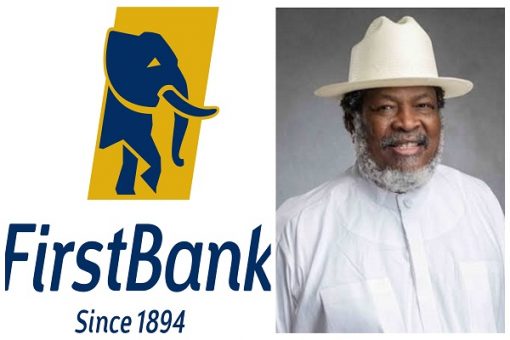Nduka Obaigbena, the Chairman and Editor-in-Chief of ThisDay Media Group and Arise Group, has accused First Bank of severely mishandling an oil contract, resulting in 93 workers being stranded and facing life-threatening conditions aboard an oil rig. Obaigbena’s company, General Hydrocarbon Limited (GHL), is involved in a legal dispute with First Bank over an oil exploration deal that went awry.
The disagreement began after First Bank claimed that GHL owed them $225 million and secured a court order in December 2024 to freeze the company’s accounts. However, Obaigbena has refuted these accusations, arguing that it was First Bank’s failure to meet the terms of the agreement that caused the issues, particularly the delayed payments to GHL.
GHL asserts that the bank did not honour the terms of the contract, despite GHL having fulfilled all necessary requirements. The contract, which started in 2021, involved First Bank financing GHL’s oil exploration activities in OML 120, in exchange for 50 percent of the profits over eight years. However, First Bank accused GHL of diverting funds, a claim GHL denies.
Delays lead to life-threatening conditions for workers
According to GHL, despite having met all the conditions for payment, First Bank delayed the disbursements for months, far exceeding the five-day period specified in the contract. This delay caused severe issues for the workers on the Blackford Dolphin oil rig, who were left without essential supplies such as food and water, placing their lives in jeopardy.
The contract between the two parties clearly stipulated that First Bank was to make payments “not later than 5 (five) business days” after receiving a request for payment, provided GHL had met all conditions. GHL maintains that they had complied with all requirements, yet the bank’s failure to release funds led to the critical situation on the rig.
On 7 October 2023, the situation reached a dangerous point when the rig ran out of fuel, food, and water. GHL described it as a “MAYDAY” situation, with the workers facing imminent danger due to the lack of supplies. There were concerns that the situation could escalate into a full-blown international crisis.
First Bank’s promises and GHL’s intervention
While senior executives at First Bank were overseas, the bank’s Chief Risk Officer, Olusegun Alebiosu, assured suppliers that the bank would make the payments within three days. However, according to GHL, the bank failed to fulfil its promise, leaving them no choice but to cover the costs themselves in order to preserve the safety of the workers.
GHL stated that they provided evidence of the payments made directly to the suppliers, but First Bank allegedly used this documentation as proof of “fund diversion”. GHL strongly rejected these claims, insisting that their actions were purely in the interest of saving lives and preventing further escalation.
Read also: CBN fines UBA, Zenith Bank, First Bank, 6 others for ATM cash hoarding during yuletide
GHL further explained that they entered into an irrevocable Third-Party Payment Order to directly pay the suppliers, stabilising the operation and ensuring the safety of those aboard the rig. They stressed that the priority was to safeguard the 93 workers, most of whom were foreign nationals, from a potentially catastrophic incident offshore Nigeria.
Legal action and ongoing dispute
In response to the accusations from First Bank, GHL has vowed to challenge the bank’s claims in court. They plan to present detailed daily reports and log entries as evidence to debunk the allegations of fund diversion and to defend their actions during the crisis. GHL emphasised that they acted to protect the lives of the workers and to prevent an international incident.
The ongoing dispute between First Bank and GHL remains unresolved, with both parties standing firm in their positions. GHL is determined to fight the accusations in court, while First Bank maintains that they are owed the $225 million and is continuing legal action to secure their claims.




